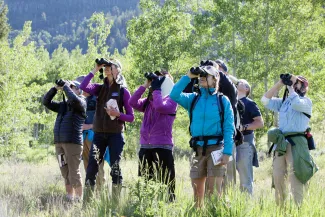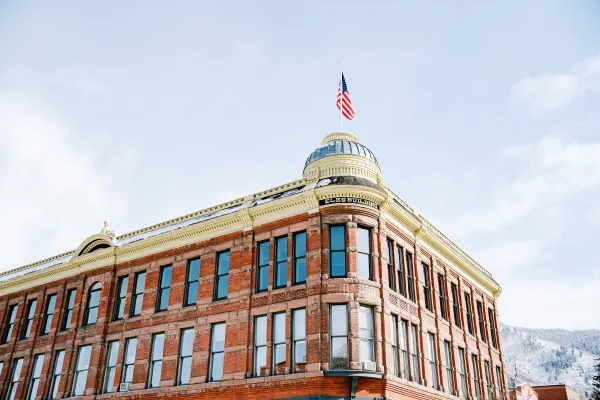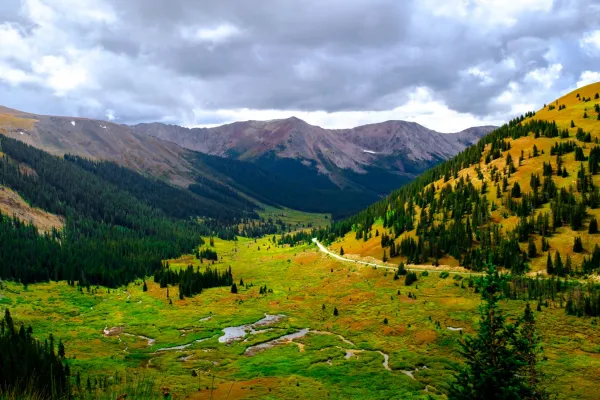Aspen is nestled in the heart of the White River National Forest at the confluence of the Roaring Fork River, Hunter Creek, Maroon Creek and Castle Creek, and encircled by the peaks of the Elk Mountain Range in the central Rocky Mountains. This authentic mountain town offers and abundance of recreational oppertunities set against a breathtaking landscape. Aspen is well known as a world-class year-round destination with outdoor adventures from biking to fly-fishing, the riverbend to the sky.
Q: What is the temperature in Aspen?
A: The daytime temperatures will reach into the upper 50s/low 50s with nighttime lows in the lower 40s.
Q: What is appropriate attire?
A: Aspen is very casual and we want you to be comfortable! A jacket or sweater for our nightly dinners is suggested. We will be walking around town each day and there are quite a few cobblestone sidewalks - comfortable footwear; flats, or a stacked heel will be best (stilettos are not the most Aspen friendly). Layers are suggested, we do like to say if you don't like the weather just wait 10 minutes and it will change.
Q: What should I bring?
A: Sunglasses, sunscreen and a hat or visor are recommended. We also advise you bring a rain jacket, just in case we experience any showers.
Q: How can I prepare for the elevation prior to my arrival?
A: Aspen sits at an elevation of 7,908 feet, one of the most elevated cities in the United States. While many visitors are not affected by the altitude at all, some visitors notice the altitude and may experience symptoms including shortness of breath when walking up stairs, a slight headache, increased thirst and sometimes, disturbed sleep. To learn more about alleviating signs of altitude sickness click here.




